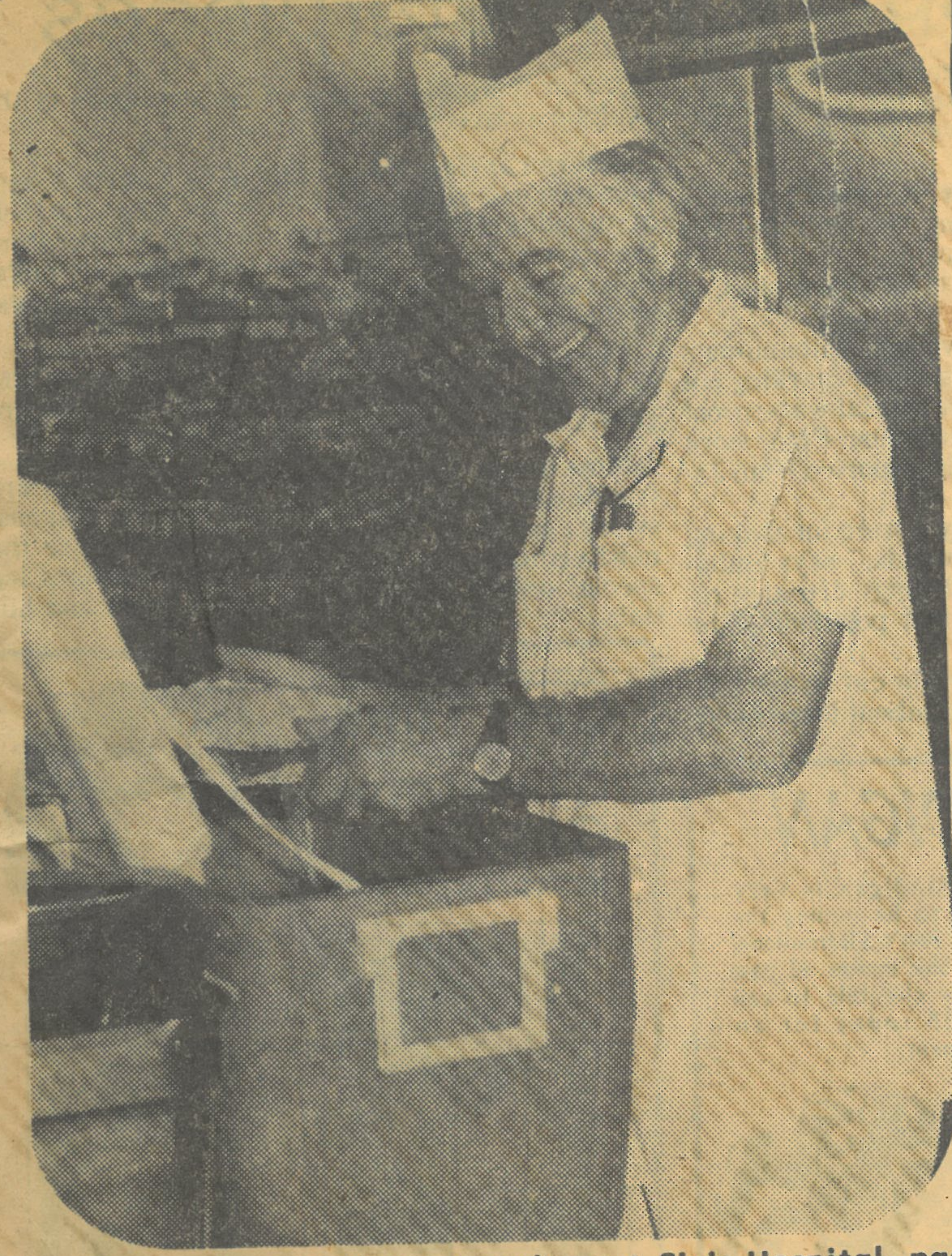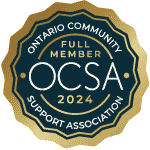In the fall of 1984, volunteers, health professionals, and community leaders gathered at the Royal Canadian Legion to confront a growing concern: how to ensure that older adults and people living with disabilities were getting the nutrition they needed. For Meals on Wheels, the conversation wasn’t only about food delivery—it was about health, dignity, and the role good nutrition plays in maintaining independence.
By then, Meals on Wheels meals in Peterborough were being prepared at the Civic Hospital, St. Joseph’s Hospital, and Fairhaven Home for Senior Citizens—each playing a role in bringing nutritious food to those unable to cook for themselves. In a Peterborough Examiner photo from that era, Civic Hospital catering supervisor Stan Szabunia is shown with a broad smile as he packs steaming meals into a cooler, ready for delivery. His expression captures the spirit of the program—nourishment made possible through community care.
The workshop featured Public Health Nutritionist Maureen McKeen and Meals on Wheels Coordinator Bernice Clark, who emphasized that good nutrition is critical for the people the program serves. “They are the most vulnerable of the whole population,” Clark said, noting that in 1984, 34 percent of clients were over 85, 20 percent were housebound, and a quarter lived alone. The event led McKeen and Clark to create an informational pamphlet for clients on healthy eating—an early example of how Meals on Wheels extended its care beyond the plate.
Today, that commitment continues. Meals on Wheels menus offer balanced, diet-conscious options tailored to individual needs. From those early hospital kitchens to today’s network of community partners, every meal still reflects the same belief: that nourishment is the foundation of independence—and that care begins with what’s on the table.









